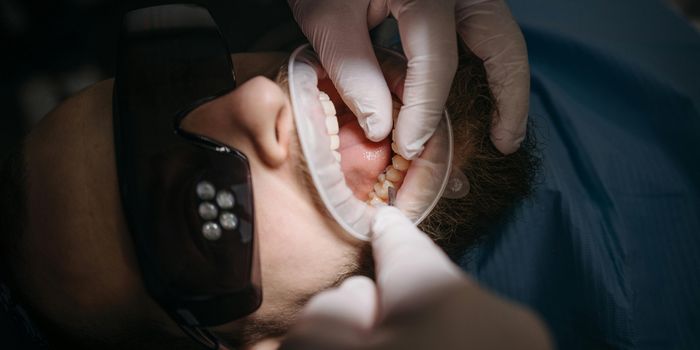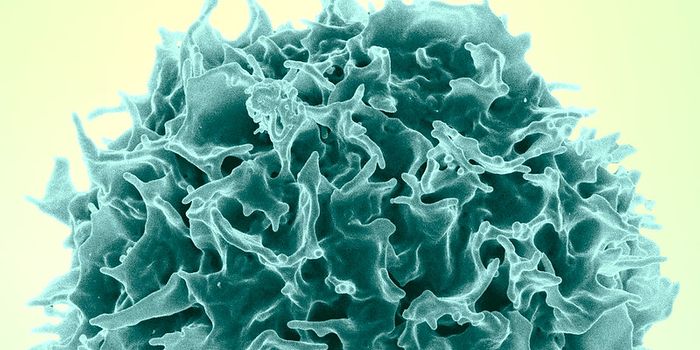Breast Cancer Screening, without the Radiation
Researchers from the University of Waterloo have developed a prototype of a novel technology that is capable of screening for breast cancer without using radiation. Instead of radiation, the device uses harmless microwaves and artificial intelligence (AI) software to detect even small, early-stage tumors within minutes, reports the research team.
"Our top priorities were to make this detection-based modality fast and inexpensive," said Omar Ramahi, a professor of electrical and computer engineering at Waterloo. "We have incredibly encouraging results and we believe that is because of its simplicity." The researchers have been working on the technology for this device, which ultimately cost less than $5,000 to build, for fifteen years.
So, what does this contraption look like? Essentially you would be lying on an exam table and you would put one breast at a time in a box that would emit microwaves through the breast which would then bounce back and be processed by AI software on a laptop computer. The software compares the tissue composition of one breast with the other and is able to detect anomalies less than one centimeter in diameter.
If no anomalies are found, then cancer is quickly and harmlessly ruled out. If a positive result comes back, further, more expensive tests like mammography or magnetic resonance imaging (MRI) would be conducted.
"If women were screened regularly with this, potential problems would be caught much sooner -- in the early stages of cancer," explains Ramahi. "Our system can complement existing technology, reserving much more expensive options for when they're really needed. We need a mixture, a combination of technologies. When our device sends up a red flag, it would mean more investigation is warranted."
There are many benefits of this device, including earlier diagnosis due to faster wait times, less expensive screenings, and improved patient comfort. The researchers say that it also is capable of working on particularly dense breasts, which is a current dilemma with mammograms.
The team founded a company, Wave Intelligence Inc. of Waterloo, with the intention of commercializing their device and starting trials on patients within six months.
Sources: Science Daily, University of Waterloo








